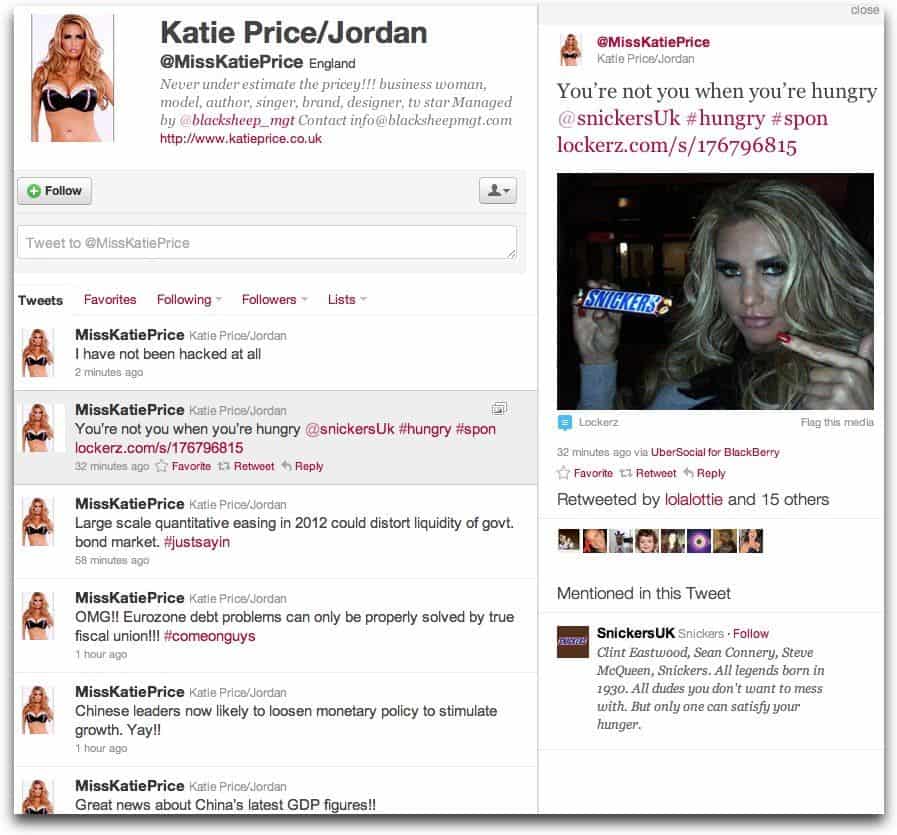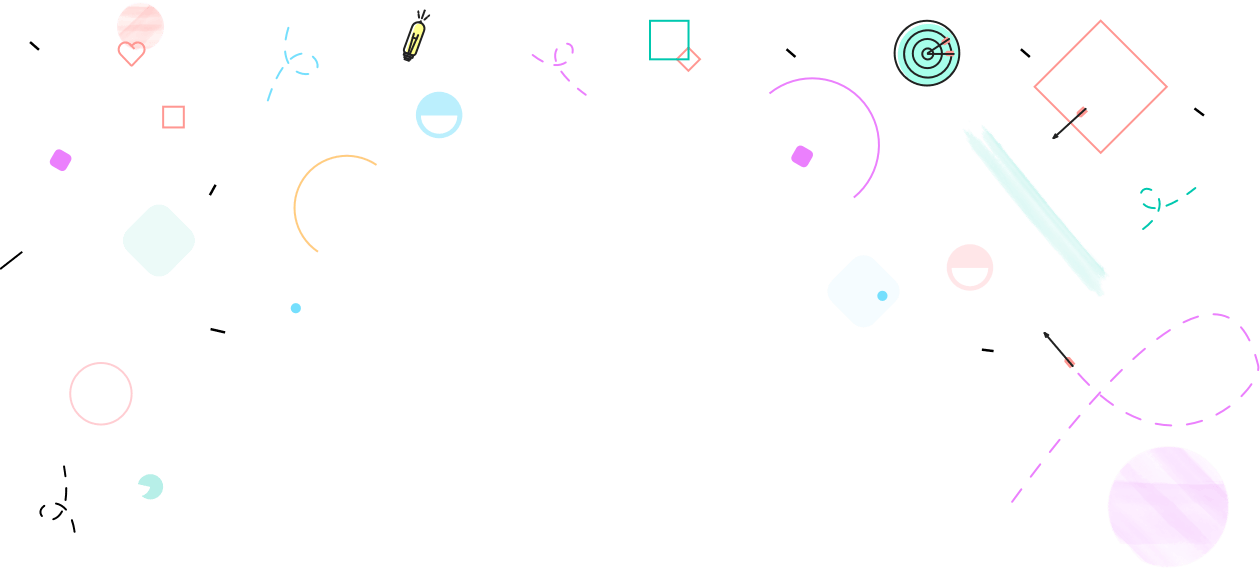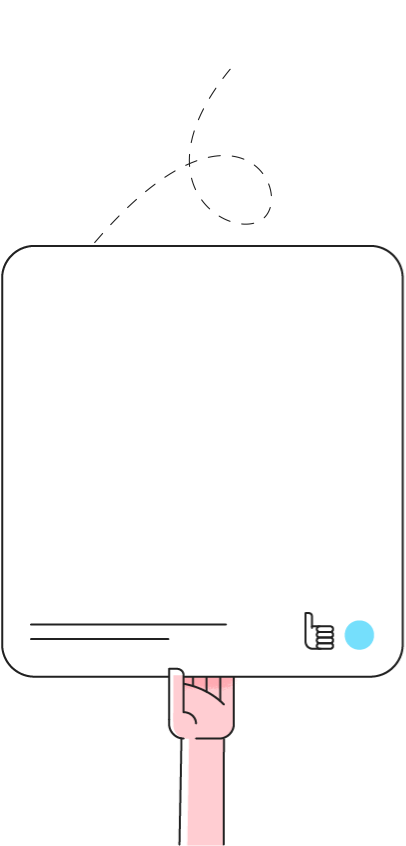Table of Contents
Along with the latest developments in natural language processing and machine learning, artificial intelligence is revolutionizing the business as we know it.
AI has already disrupted the world of digital marketing by automating time-consuming and menial tasks and offering efficient solutions to some of the ever-growing customer demands, such as the need for highly personalized and timely service.
Brands widely use influencer marketing to:
- increase brand awareness and reputation,
- reach new audiences and generate more leads,
- boost their sales.
Brands are about to partner with influencers and spend up to $15 billion by 2022, up from $8 billion in 2019.
And the growing use of AI in influencer marketing can get brands their money’s worth. Read on to learn how AI can and will transform the world of influencer marketing.
Finding the Right Match
One of the most significant challenges brands face when trying to partner up with an influencer is determining the right match for the marketing campaign.
Understandably, the number of followers an influencer has doesn’t say a lot about their marketing potential – it’s also the engagement of their posts that counts, as well as how well the influencer’s persona resonates with the personality of your brand.
How things can go wrong if the ad messages are out of the influencers’ character can best be seen in an influencer campaign by Snickers, that featured former model Katie Price. After she posted several tweets, followed by her photo with a tag line, “You’re not you when you’re hungry,” her followers thought her account was hacked. At the same time, the campaign got negative coverage in the media, possibly harming both parties.
With the use of artificial intelligence, brands will be able to analyze numbers and determine which particular influencer best fits their marketing campaign needs.
Furthermore, AI can do the following:
- Textual and image content analysis. AI influencer marketing systems use ANN (Artificial Neural Networks) to analyze millions of videos and images in just a few seconds. Brands can identify relevant images with specific characteristics, such as a logo or a product, even when they are not tagged and optimized. It can also help brands determine what type of content clicks with their target audience.
- Sentiment analysis or Part of Speech Tagging (POS) are just some of the real-life examples of artificial intelligence that can be used to bring influencer marketing to a whole new level. Brands can now determine the comment sentiment and find out what kind of content is received well.
- Artificial intelligence can now suggest relevant content creators based on massive amounts of data that humans are not capable of processing. AI can take into account brand goals, previous influencer marketing campaigns, and their outcomes and suggest influencers that could benefit the campaigns.
In other words, AI can analyze trends and patterns of content posted by influencers and find their best match, enabling brands to connect to the audience similar to their own and enhance their brand identity, rather than damage it.
Analyzing the Target Audience
With the use of AI, machine learning, and deep data, brands will be able to analyze and determine whether the influencers’ target audience fits their goals.
Some of the essential follower characteristics brands can have an insight in are:
- Age. It’s vital to know the average age of influencers’ target audience, as it defines our target groups.
- Gender. Many brands promote strongly gender-related products, so it’s essential to determine whether the audience is mostly male or female.
- Location. Knowing the location of followers is of great importance when tailoring our campaigns. This is not only important for brands that are doing their business locally, but also for the global ones, as they need to adapt their approach to the specific needs of customers in certain locations.
- Relationship status. Another vital characteristic of tailoring campaigns, as some services and products are intended for singles, while some other ones better fit the needs of couples.
- Interests and brands. Influencers often have many interests and are loyal to several brands, as well as their followers. Determining those interests and brands is vital for the success of campaigns.
Creating Relevant Content
With all the data AI can gather on the content creators, their followers, as well as the type of the content they create, and how it resonates with their target audience, artificial intelligence can help marketers plan relevant and more effective influencer campaigns.
Artificial intelligence can give editorial content suggestions based on the key results after analyzing hundreds of inputs. It can also predict how the content will be received by the influencers’ audience so that marketers can make all the necessary adjustments.
Recognizing Influencer Fraud
It would be perfect if all influencers respected ethical standards when it comes to their business. However, there are some claims that around 25% of influencers use fraudulent business models and ground their popularity on bots, fake followers, and frauds. In 2019 alone, the deceptive influencer practices cost the industry $1.3 billion.
Some companies, like Unilever, are firm about not buying into influencers with fake followers. Such a resolution came after they were ranked among the top ten brands using paid influencers with social bots or fake followers.
AI can put an end to such dishonest practices. It identifies patterns of suspicious activity on social media accounts, so it can easily distinguish between authentic influencers and those that are computer-generated. For a human, this would be an impossible mission.
Predicting ROI
Predicting and calculating the return of investment of an influencer marketing campaign is a great challenge for marketers. You can collect and analyze engagement metrics, but showing their real value and turning them into revenue is much more complicated.
AI can be a life-saver when it comes to predicting ROI:
- AI enables regression testing and analysis using various inputs. Algorithms can draw correlations through metric blends, find strong relationships to the most impactful metrics, and predict future performance using these models.
- AI uses dynamic and narrow performance prediction. As it can analyze enormous amounts of data, it can recognize whether an influencer’s success is unusual, a result of seasonality or locality, which would be impossible for a human brain to comprehend.
Influencer marketing is one of the best ways to boost your brand’s awareness. With the help of AI, influencer marketing campaigns will only become more successful, genuine, and profitable.

























